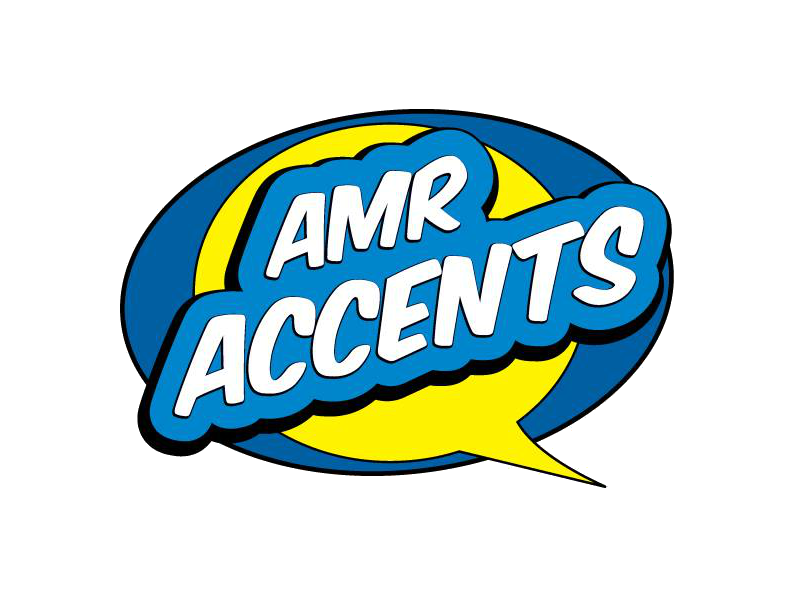Would you believe me if I told you that the “SHORT A” vowel sound has many different pronunciations in this country? When we learn how to read, this sound is most often taught like this:
In the speech world, you’ll often hear the word LAX used to describe this version of the “SHORT A” vowel sound. This basically means that your tongue is reLAXed, and lower in your mouth.
…but not all of us use this sound 100% of the time!
Have you ever heard someone from New York City say BATH like this:
What about someone from Philadelphia say the word AFTER like this:
Back in the speech world, you might hear the word TENSE used to describe this version of the “SHORT A” vowel sound. This terms suggests that you’re raising, or tensing your tongue while pronouncing this sound.
Now here’s the confusing part… very often you’ll find regional American accents that use BOTH lax and tense versions of the “SHORT A” vowel sound—such as Philadelphia! So when are the “SHORT A” vowel words tense, and when are they lax? Well, in order to answer this question, we have to look at the sounds (or letters) that come immediately after the “SHORT A.”
Here are a couple of examples:
LAX “SHORT A”
P
T
Apple
Cat
TENSE “SHORT A”
F
S
After
Pass
EXERCISES
1) Show the following clip to your students:
Ask them to draw 2 columns on a sheet of paper, and label them “LAX” and “TENSE.” Play the clip again and ask them to write down the “SHORT A” words they hear in the appropriate columns
2) Ask them to find their OWN examples of people speaking with the “LAX-TENSE SPLIT.” (Hint: pay attention to New York City, Philadelphia, and Baltimore/Washington, DC areas!)



